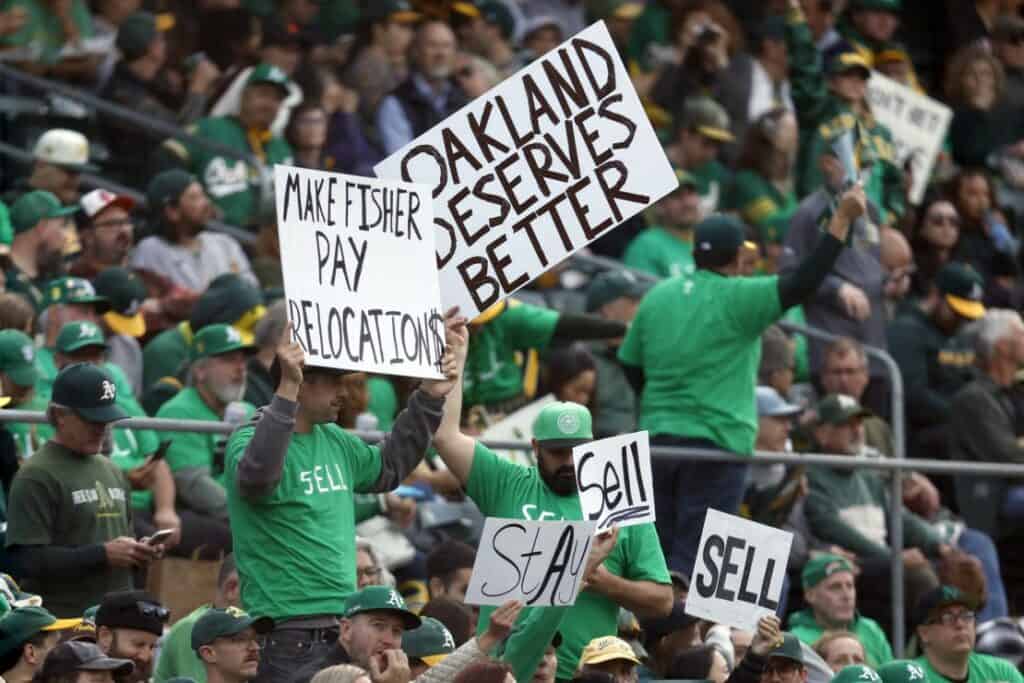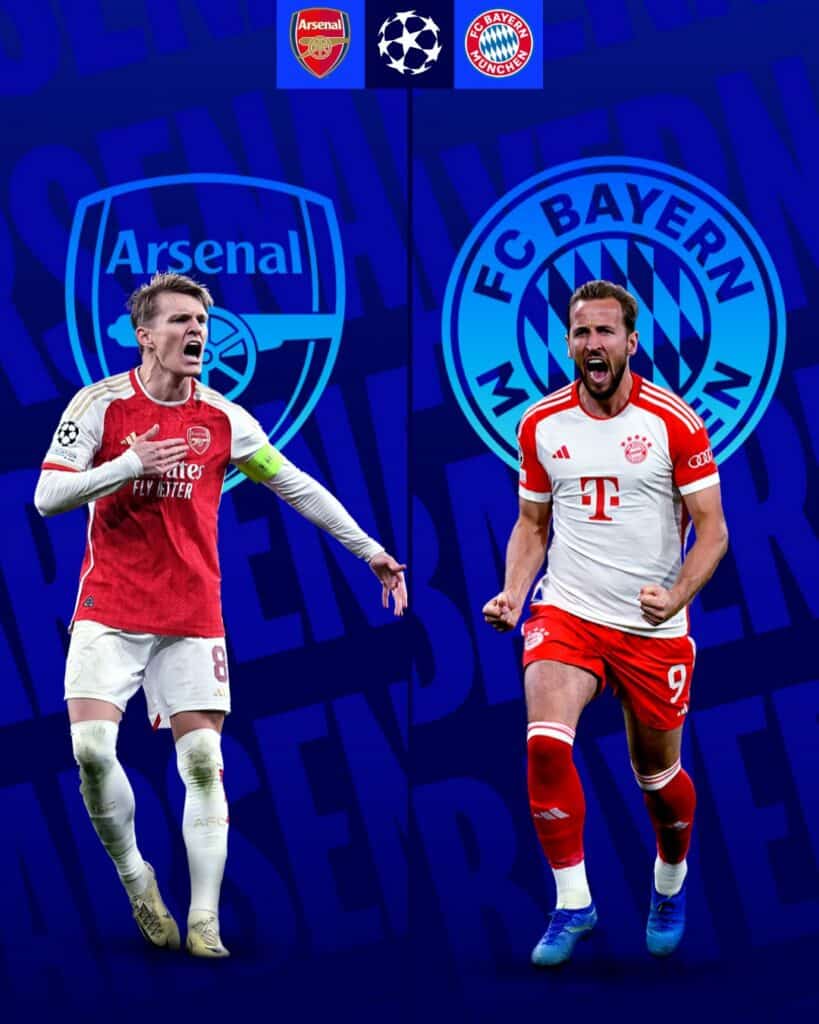The Utah Jazz are the most slept on team in the league.But don’t take my word for it; just look at the NBA’s national TV opening week schedule. Utah is nowhere to be found despite being just a few months removed from Donovan Mitchell’s incredible playoff performance.
Early media coverage – or lack thereof – would indicate that the Jazz are destined to take a step back this year and reside near the bottom of Western Conference playoff teams. This is a far cry from how the team was received after the myriad of moves they made last summer.
So what’s changed? Well, before we get into why this year’s Jazz team is set to surprise the naysayers, it helps to look back on the positives and negatives of last season.
2019 Free Agent Signings
During the summer of 2019, Utah had arguably its best offseason in team history. They acquired star point guard Mike Conley via trade and signed Croatian shooting savant Bojan Bogdanovic. These moves prompted veteran role players Ed Davis and Jeff Green to sign with Utah because it was “a team that has a chance to contend for a title“.
Adding Conley and Bogdanovic to an already playoff caliber squad made it clear that the Jazz were ready to ring chase.
The Utah Jazz have been making moves this offseason. How far can their squad go? 🤔 pic.twitter.com/opRn2fUu4y
— NBA on ESPN (@ESPNNBA) July 1, 2019
Another thing that became clear was that Utah was changing its team philosophy.
Offense Over Defense
After two consecutive first-round exits despite three straight years of having a top-three defensive rating, the Jazz determined that their league-average offense needed to be prioritized. This offensive shift in focus was realized as Utah jumped from 14th to 9th in offensive rating.
Their biggest improvement on the offense end came at the three-point line. Utah went from being in the lower half of the league in three-point percentage all the way up to 1st. The Jazz shot over 38% from three as a team, and the play of Bogdanovic was a big reason why.
Bogdanovic was already one of the best three-point shooters in the league before signing with the Jazz, but he ended up providing Utah with more than just perimeter shooting. Bogdanovic’s balanced offense game made him one of the steals of the 2019 offseason.
He averaged over 20 points per game at an $18 million per year price tag. His play helped Utah improve their efficiency on the offensive end and gave the Jazz a solid secondary scorer. Although Utah had successfully improved its starting five and offense, the team’s issues lived on with its depth and defense.
Problems Arise
Mike Conley was supposed to be a key piece to Utah’s championship puzzle but dealt with a nagging hamstring injury for much of the season. It significantly hindered his on-court productivity and his ability to even get on the court. His absence impacted the team’s bench because they had one less player available for their rotation.
Ed Davis and Jeff Green were supposed to provide support off the bench but couldn’t fit into Utah’s system. Davis found himself out of the rotation within a few months, and Green was waived before Christmas.
The Utah Jazz waived Jeff Green for two reasons, league sources tell The Athletic: They want to get Georges Niang on the floor more (shooting). And they are impressed with Jarrell Brantley’s progression in the G-League
— Tony Jones (@Tjonesonthenba) December 24, 2019
All in all, Utah’s lack of depth was a major issue.
They had to give up former key players to free up cap space. This is what allowed the Jazz to bring Conley and Bogdanovic on board. Utah had a solid starting five but a terrible bench unit, particularly whenever defensive phenom Rudy Gobert wasn’t on the floor.
Part of the reason Utah jumped on the idea of improving their offense at the cost of defense was that Gobert made them so good on the defensive end.
Gobert was fresh off two back-to-back Defensive Player of the Year campaigns and was in the prime of his career. But Gobert can’t impact the game when he isn’t in, and the big man needs a breather every now and then.
One of the players the Jazz had to give up over the summer was center Derrick Favors. Favors’ primary role was to provide steady rim protection whenever Gobert wasn’t on the court.
With Favors out of the picture, Utah’s backup center spot and bench defense became a point of weakness. So much so, that the Jazz fell from 2nd in defensive rating to 13th in a one year span.
Reasons for Optimism
So why should Utah be considered a sleeper team this year? Well, for starters, they were one of the few teams that actually lost a key player during the NBA lockdown.
Bojan Bogdanovic got surgery on his right wrist in May, which sidelined him for the entirety of the NBA bubble.
Utah Jazz F Bojan Bogdanovic is undergoing season-ending surgery on his right wrist, sources tell ESPN. Full recovery expected for start of 2020-21 season. He’s averaged 20 points per game for Jazz, fourth-seed in West.
— Adrian Wojnarowski (@wojespn) May 18, 2020
Even so, the Jazz were able to perform admirably without him, losing to the Denver Nuggets in seven games. Utah caught a lot of flack for blowing a 3-1 lead to Denver, but it would’ve been much easier for them to close out the series if they had their second-leading scorer in their lineup.
Bogdanovic outscored the Nuggets star duo of Jamal Murray and Nikola Jokic during the regular season, so it’s safe to say he would’ve made a substantial impact in that series.
Another positive that can be taken away from the Nuggets series is that Mike Conley finally looked like his old self.
The extended break from the NBA lockdown allowed Conley to fully recover from his hamstring injury and get back to performing at a high level. Conley averaged nearly 20 points per game during the playoff series but only played in five of the seven total games. Despite being fully healthy, Conley missed the first two games of the series for the birth of his son.
Obviously, it’s a big what if, but I don’t think it’s outlandish to say the Jazz would’ve been able to close out the Nuggets if they had both Bogdanovic and Conley for at least part of the series.
And who knows. If a healthy Jazz team outperformed the Nuggets last season, it’s not a stretch to expect a similar result to Denver’s postseason run. Imagine how different the narrative around this team would be if they were coming off a Western Conference Finals appearance.
2020 Free Agent Signings
In addition to a promising postseason, the Jazz had a very underrated offseason. Utah didn’t sign any big names or grab headlines, but that’s not what this team needed to do to improve. As I mentioned before, the biggest weaknesses for this team was their depth and defense.
The Jazz made some key signings that addressed these issues. At that, the first thing Utah did was resign their 6th man Jordan Clarkson.
Free agent Jordan Clarkson has agreed to a four-year, $52M deal with the Utah Jazz, his agent Rich Paul of Klutch Sports tells ESPN.
— Adrian Wojnarowski (@wojespn) November 21, 2020
The Jazz traded for Clarkson last December because their bench unit was struggling to score. Clarkson gave the team an efficient scoring punch off the bench. In 42 games with Utah, Clarkson averaged 15.6 points per game in just under 25 minutes per game.
Shortly after retaining Clarkson, the Jazz brought Derrick Favors back. Utah traded Favors to the New Orleans Pelicans last offseason in order to free up the necessary cap space to sign Bogdanovic. Favors should return to his former role in Utah as a big who can either play alongside Gobert or in place of him. His presence gives the Jazz 48 minutes of elite rim protection.
But perhaps the most underrated part of the acquisition is that the Jazz are now one of the few teams in the league who can match up with the size and skill of the Lakers frontcourt. The recent signing of Marc Gasol allows the Lakers to continue to play Anthony Davis at the power forward position for significant stretches.
Favors gives the Jazz a competent mobile big to guard Davis while allowing elite rim protector Rudy Gobert to roam the paint.
Utah also added additional defensive depth when they signed Shaq Harrison earlier this month. Harrison gives the Jazz another wing defender who can match up with opposing point guards. These three moves directly addressed Utah’s main struggles from last season and leaves them with few holes on their roster.
Gobert Signed Long-term
In fact, the only reason I left the Jazz off of my Western Conference contenders list was because of Rudy Gobert’s contract situation. Gobert was eligible for a supermax extension next offseason, and there were reports that the Jazz were hesitant to give it to him.
Utah would likely want to avoid another Gordon Hayward situation and risk losing their big man for nothing. So unless an extension came together, the idea of trading Gobert during the season was potentially on the table.
Luckily for the Jazz, they signed Gobert to a lucrative extension the day before the supermax deadline.
Rudy Gobert is signing a five-year $205M extension with the Jazz, per @espn_macmahon
It’s the biggest contract for a big man in NBA history 💰 pic.twitter.com/isveoLurHP
— Bleacher Report (@BleacherReport) December 20, 2020
The deal falls in between a max and supermax, so it’s really a win-win for both parties. Now that Gobert isn’t going anywhere, Utah can continue their push towards a title.
I understand if there’s some skepticism that a sixth seed could vault to the top of the conference without making major changes to their personnel. However, the Western Conference was so tight last year partly because of the conference’s depth and the shortened regular season.
The 6th seed was only three games ahead of the 8th seed and two games behind the 3rd seed. And Utah proved last year that they could compete with high seeded teams by pushing Denver to seven games.
The Jazz might not have the flash or expectations that more high-profile teams do, but don’t be surprised if Utah wakes the league up this season.




